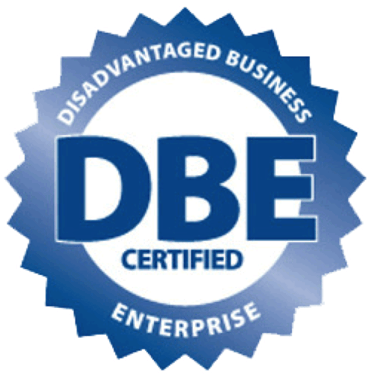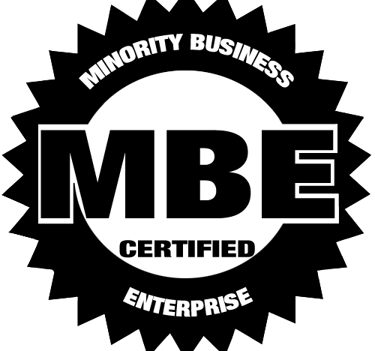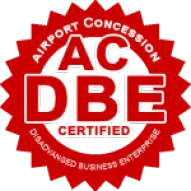Holiday Hiring Starts in September
Every year, as the holidays approach, Chicagoland businesses and nonprofits scramble to staff up for the busy season. Retail stores need extra clerks, restaurants and caterers hire temporary servers, warehouses bring on additional drivers, and nonprofits expand staff for fundraising and events.
The problem? Many organizations wait until the last minute — often in October or November — to begin seasonal hiring. By then, the talent pool is smaller, competition is fierce, and onboarding gets rushed. The result: compliance errors, safety incidents, and short-term employees who leave before the season ends.
September is the smart month to prepare. Planning now gives employers time to recruit, train, and review risk exposures so the holidays run smoothly instead of chaotically.
Why September Matters
Early preparation gives organizations:
Better candidates: More applicants are available before peak hiring begins.
Time for onboarding: Proper training reduces safety incidents and improves retention.
Coverage reviews: Workers’ comp, liability, and EPLI coverage can be updated before seasonal staff arrive.
Starting now positions businesses ahead of competitors still scrambling later in the fall.
HR Challenges of Seasonal Staff
1. Onboarding Short-Term Employees
Even temporary staff must complete proper onboarding:
I-9 verification and tax forms.
Employee handbook and safety policies.
Documented training, even for short-term roles.
2. Wage and Hour Compliance
Illinois wage laws apply equally to seasonal staff. Pitfalls include:
Overtime pay miscalculations.
Misclassifying workers as independent contractors.
Failure to provide required breaks.
3. Workplace Safety
Seasonal workers, often new to the industry, are more likely to be injured without training. Retailers face slip-and-fall and lifting injuries, while hospitality workers face kitchen hazards.
4. Harassment and Conduct Risks
An influx of new workers can disrupt workplace culture. Employers should reinforce codes of conduct and reporting procedures during orientation.
Tips for a Smooth Holiday Hiring Season
Start Recruiting Early – Use September to secure staff before competition spikes.
Standardize Training – Create short onboarding modules that cover safety, wage rules, and conduct.
Leverage Technology – Use simple digital forms or applicant tracking systems (ATS) to streamline hiring.
Review Insurance Coverage – Confirm seasonal staff are included under workers’ comp and liability policies.
Use Clear Contracts – Define start/end dates, pay, and responsibilities in writing.
Special Considerations for Nonprofits
Nonprofits see a surge in both seasonal staff and volunteers. While volunteers aren’t subject to wage laws, they still create liability exposures if injured or harassed. Updated volunteer agreements and insurance policies can reduce this risk.
The Bottom Line
Holiday hiring doesn’t need to be chaotic. By starting in September, Illinois employers can avoid compliance pitfalls, train workers properly, and protect themselves from costly claims. Early action means better staff, safer workplaces, and smoother operations through the year’s busiest season.
📚 Sources
Illinois Department of Labor – Wage and Hour Division guidance
U.S. Department of Labor – Seasonal and temporary worker regulations
OSHA – Holiday season workplace safety advisories
Local Illinois HR compliance resources (2024–2025)


Holiday Hiring Starts in September: How Illinois Employers Can Protect People and Policies
Transforming small business consulting with dynamic energy.
Service
Trust
(312) 220-9200
© 2025. All rights reserved.


141 W. Jackson Blvd. | Suite 1502 | Chicago, IL | 60604






